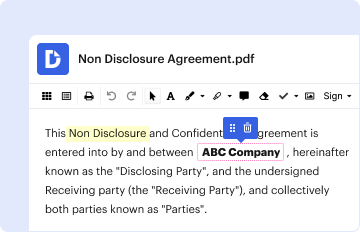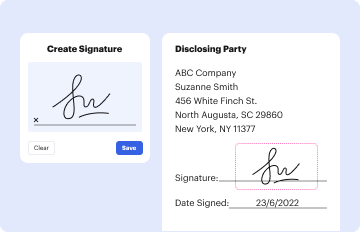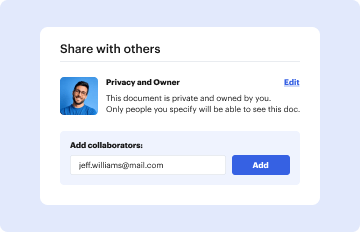Definition and Meaning
The "ASHA 2012 Core Vocabulary Post - The University of North Carolina - med unc" primarily serves as a guideline to address the vocabulary needs for individuals with Complex Communication Needs (CCN). It aligns with the Common Core State Standards to facilitate enhanced communication and academic success. This approach leverages a carefully curated set of high-frequency words applicable across diverse contexts, maximizing their utility for users of Augmentative and Alternative Communication (AAC) systems.
Important Terminology
Understanding the terminology within the context of this vocabulary post is critical. Key terms include "Core Vocabulary," which refers to the small set of versatile and frequently used words, and "Complex Communication Needs," describing individuals who require alternative strategies for language expression. Another essential term, "Augmentative and Alternative Communication," encompasses tools and methods, such as speech-generating devices, used to aid those with speech impairments.
Steps to Complete the ASHA 2012 Core Vocabulary Post
Achieving effective implementation of the ASHA core vocabulary involves several steps:
- Assessment of Needs: Evaluate the individual's communication abilities and educational goals.
- Selection of Vocabulary: Choose words that meet the Common Core State Standards and are versatile across various communication contexts.
- Integration into AAC Systems: Implement the selected vocabulary into existing AAC devices or methods.
- Training and Support: Provide training for educators and caregivers to effectively utilize the core vocabulary.
- Continuous Evaluation: Regularly assess the vocabulary's impact on communication and make adjustments as necessary.
Examples of Application
- Classroom Settings: Teachers can incorporate the core vocabulary into lesson plans to ensure students with CCN can actively participate.
- Everyday Interactions: Caregivers can use the vocabulary during day-to-day interactions to enhance communication.
- Therapeutic Contexts: Speech-language pathologists can employ the vocabulary during therapy sessions to support language development.
Key Elements of the ASHA 2012 Core Vocabulary
The success of the core vocabulary approach is anchored in several fundamental components:
- Simplicity and Relevance: The vocabulary list is concise, focusing on essential words that have high utility and relevance in multiple situations.
- Customizability: The vocabulary can be tailored to the specific needs of the individual, allowing for greater adaptability.
- Consistency with State Standards: The words chosen align with educational benchmarks to ensure their applicability in academic settings.
Why Use This Vocabulary
Utilizing the ASHA core vocabulary offers several benefits:
- Enhanced Communication Opportunities: Provides users with the necessary tools to express themselves effectively across different contexts.
- Academic Success: Aligns with educational standards to support curriculum access and engagement.
- Improved Social Interactions: Facilitates better communication in social settings, promoting inclusivity.
Who Typically Uses the ASHA 2012 Core Vocabulary
This vocabulary post is designed for various stakeholders, including:
- Educators: Teachers who work with students requiring AAC support.
- Speech-Language Pathologists: Professionals involved in the assessment and treatment of speech and language disorders.
- Caregivers and Family Members: Those supporting individuals with CCN in daily communication.
- Students with CCN: Primary users who benefit from enhanced communication capabilities.


Procedures for Obtaining the ASHA 2012 Core Vocabulary
Securing this resource involves a few straightforward steps:
- Contact Educational or Medical Institutions: Start by reaching out to facilities like the University of North Carolina for access to the curriculum.
- Research Online Resources: Many organizations related to speech-language pathology offer guidelines and support materials.
- Professional Consultation: Consult with speech-language pathologists for tailored advice and resources aligned with this vocabulary approach.
Legal Use and Compliance
Ensuring lawful adherence to implementation practices is crucial:
- Privacy Considerations: Comply with regulations such as HIPAA when utilizing personal communication data.
- Copyright and Permissions: Verify that any reproductions of the vocabulary materials respect intellectual property laws.
- Educational Standards: Ensure consistent alignment with Common Core State Standards to fulfill educational requirements.
Digital Integration and Software Compatibility
In today's digital age, integrating the core vocabulary into electronic systems is essential:
- AAC Device Integration: Explore various AAC applications that support the integration of core vocabulary, ensuring compatibility with devices commonly used by students.
- Software Support: Identify and use software platforms—such as TurboTax or QuickBooks—where vocabulary can be employed within text-to-speech features, supporting broader accessibility goals.








